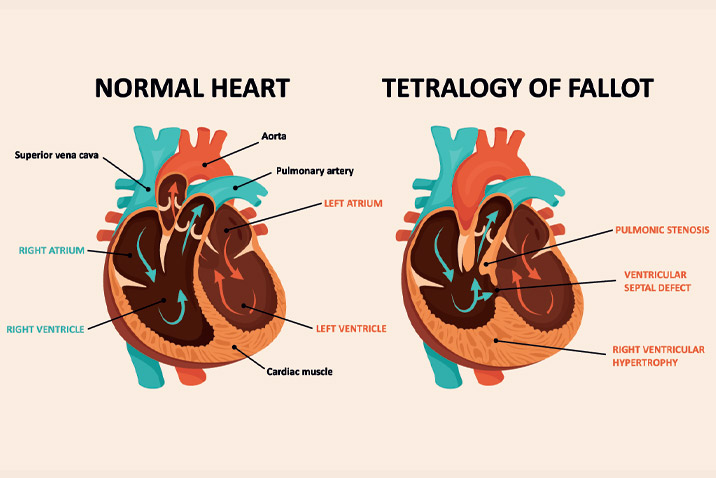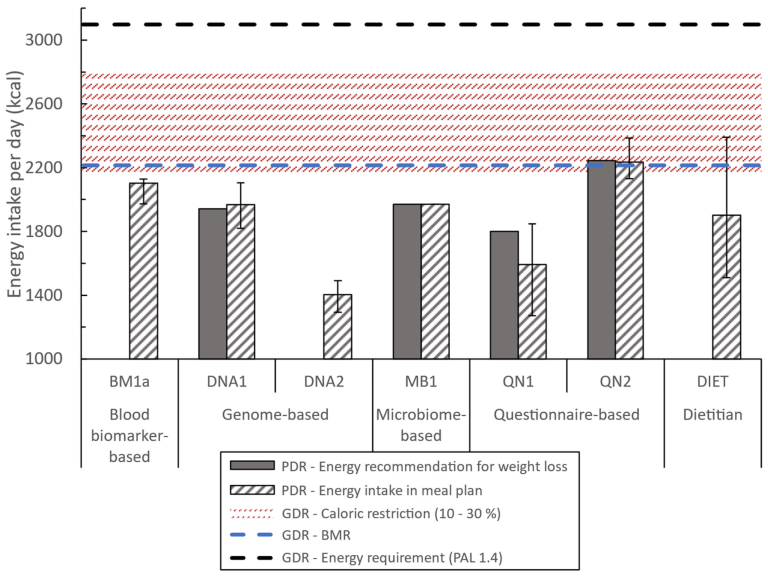
Congenital heart disease is an abnormal heart defect that exists since childbirth. The condition disrupts how the blood flows through the heart and back to the body. In some cases, the symptoms of the disease are mild, while others are life-threatening. If you are diagnosed with CHD, you will likely require regular CHD support.
What are the Symptoms and Causes of Congenital Heart Disease?
Symptoms of Congenital Heart Disease
Doctors can detect a heart defect during pregnancy through an ultrasound. In some cases, the symptoms appear at birth or later in life, depending on the type of defect. Common Symptoms are:
- Rapid heartbeat
- Low birth weight
- Cyanosis- a bluish color on fingernails, skin, or lips
- Delayed growth
- Shortness of breath/ fainting
- Chest pains
- Swelling of body organs
- Tiredness and fatigue
Adults who experience symptoms such as breath shortness and chest pains should seek medical attention immediately.
Causes of CHD
Most Congenital heart defects start when the fetus is still in the womb. Researchers haven’t established what causes the heart defects in the first place. However, there are some suspected causes that increase the risk of the condition, such as:
- Diabetes: Mothers with uncontrolled type 1 and type 2 diabetes are at risk of giving birth to a child with a heart defect. The increased blood sugar levels interfere with heart development.
- Medications: Taking medications such as lithium for isotretinoin and bipolar disorder can cause heart defects in unborn babies. Also, Claravis, Zenatane, or Myorisan, used to treat acne, can affect the baby’s heart development.
- Infections: Mothers who get viral infections in the first trimester have a higher possibility of giving birth to a child with congenital heart disease.
- Smoking: Mothers who smoke while pregnant are at a higher risk of giving birth to a child with abnormal heart conditions.
- Alcohol: Taking alcohol or drugs while pregnant increases the risk of having a child with a heart defect.
- Rubella (German measles): Mothers who contract rubella during pregnancy are at risk of giving birth to a baby with CHD.
- Heredity: Congenital heart disease runs in the family. In some cases, the condition is associated with genetic syndromes such as Down syndrome.
Treatment Options for Congenital Heart Disease
Medications
Doctors can prescribe medication for patients with mild conditions. Such medicines prevent blood clots and irregular heartbeats.
Open-Heart Surgery
Doctors mostly perform this surgery to close holes in the heart or repair blood vessels and heart valves.
Implantable Heart Devices
Some heart defects can be rectified by using devices such as pacemakers to regulate hearts or implantable cardioverter defibrillators.
Catheter Procedure
Doctors can use catheterization techniques to correct a heart defect without undergoing surgery. They place a tube into a vein up to the heart, and with the use of threaded tools, a doctor will correct the problem.
Congenital heart disease is a manageable condition. If your child presents some symptoms of a heart condition, it is important to seek medical attention. Also, pregnant mothers should avoid taking alcohol, drugs, or smoking while pregnant to reduce the chances of abnormal heart development in unborn children.








